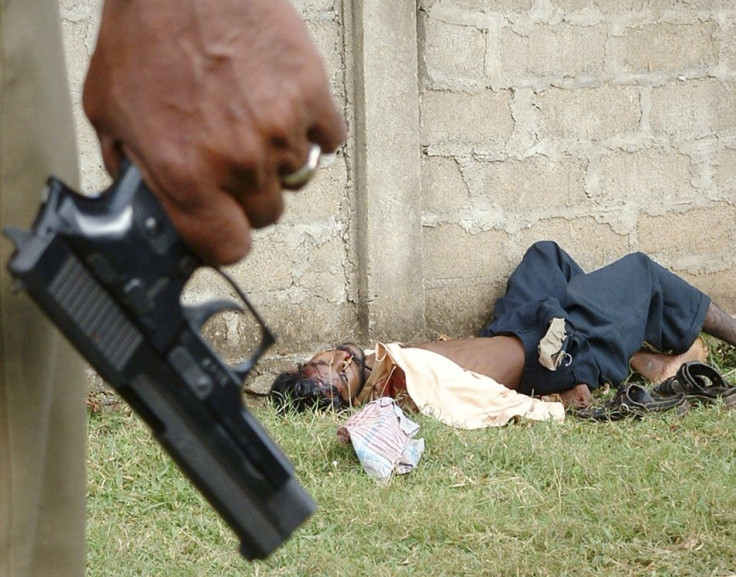Channel 4 "Sri Lanka Killing Fields": is a trial at The Hague the answer?

Following the renewed international interest regarding the Sri Lankan civil war after the broadcast of "Sri Lanka Killing Field" on Channel 4, Ban Ki-Moon has suggested that he can only establish an international investigation if the Sri Lankan government consents, which seems highly unlikely.
As the documentary demonstrated, those who first bore the disastrous consequences of the civil war were the civilians, as perhaps as many as 40,000 - of them were killed in the last terrible phase of fighting that opposed the Liberation Tigers of Tamil Eelam and the Sri Lankan government.
At the time, no reporters were allowed near the war zone, blocked by the Sri Lankan Government in an attempt to hide the death and destruction from the world. But in this era of mobile phones and digital technology, hiding the truth is difficult.
Last night, the images of the documentary revealed hidden truths about crimes against humanity committed by both sides as they brutally fought for victory until the end despite civilians getting caught up in the struggle.
The international community has since yesterday reiterated calls for those responsible for war crimes and crimes against humanity to be held to account, to secure the stability that post conflict Sri Lanka so badly needs.
The question remains however to know if a trial at the Hague will truly bring long-lasting stability to the Sri-Lankan society. Many insist truth should be told, but civilians in the island already know this truth as they were the first ones to suffer it.
While seeking justice, the international community should be by now aware that the most important is to keep the civil society affected by the atrocities heavily involved in the judicial processes. A trial at the ICC would enable the diaspora living in the west to follow the developments easily, but what about on the Island itself? Would the people truly gage with the trial? As much as International Justice is important, it does not in itself heals all the wounds and enable a society that has been both deeply fractured and traumatised to recover instantly.
It might constitute a first step towards recovery however, but only with the deep involvement from those who were directly concerned.
Moreover, until now the world is still divided as while the Tamils talk about genocide, it is internationally not recognised as such, due to the fighting that took place in both camps.
The Sri Lankan government has denied the allegation since in its view, the Tamil Tigers, a group listed by many governments as a terrorist organisation, needed to be defeated. Also, the island's government is still more or less supported by countries like China, Russia, Cuba, and Pakistan, while India still remains rather shy on the subject.
Truly establishing reconciliation in Sri Lanka will be a very long process. While many are calling for the western public to put pressure on governments to support reconciliation and push for an ICC indictment, too few call for an introspection and a review of the supra-national organisations that were created to prevent those human rights from being violated.
Ban Ki-Moon insists that an international investigation can only be launched with the consent of the Sri Lankan Government, but an investigation would also be inconvenient for the UN as when it pulled out of the country in 2008 Sri Lankan cried out for help and asked the organisation to stay as they already knew how the situation would end.
© Copyright IBTimes 2024. All rights reserved.





